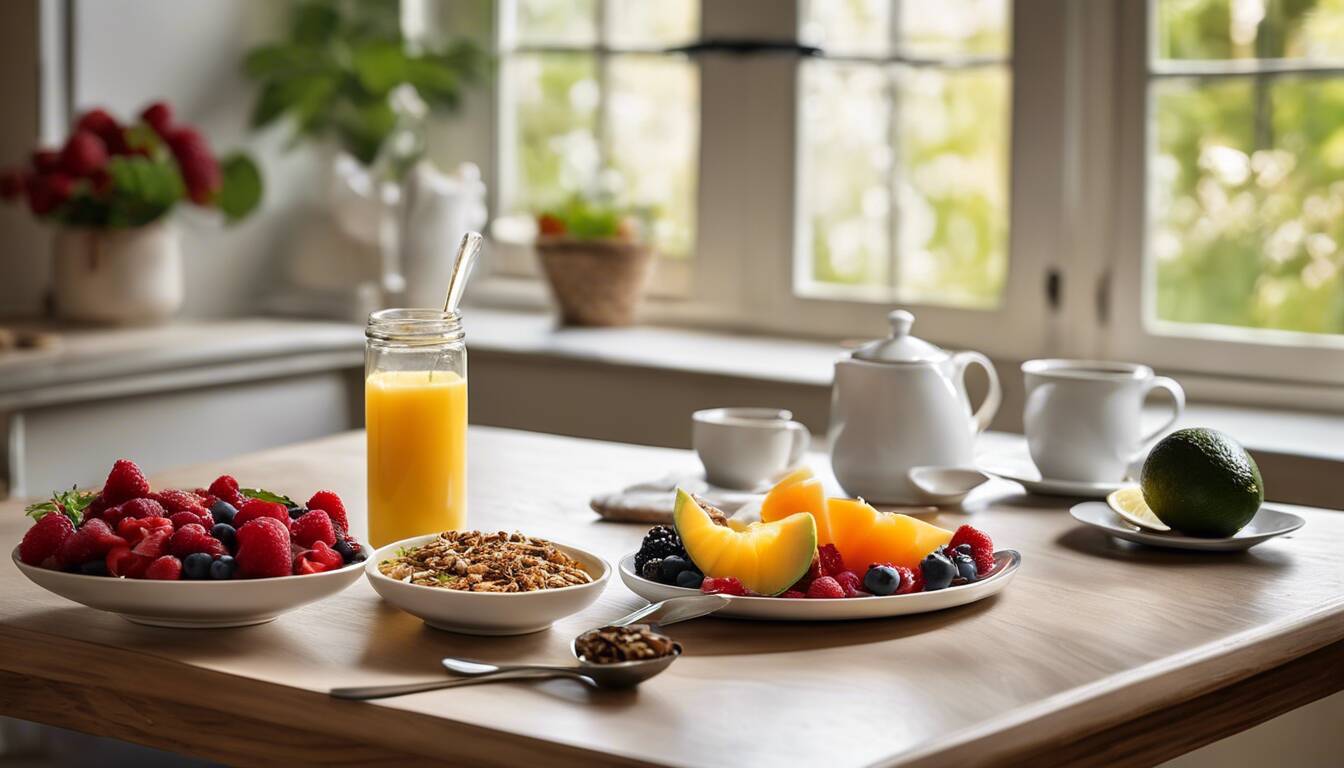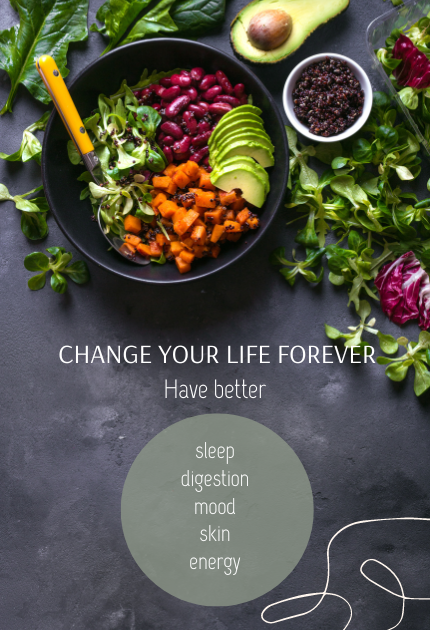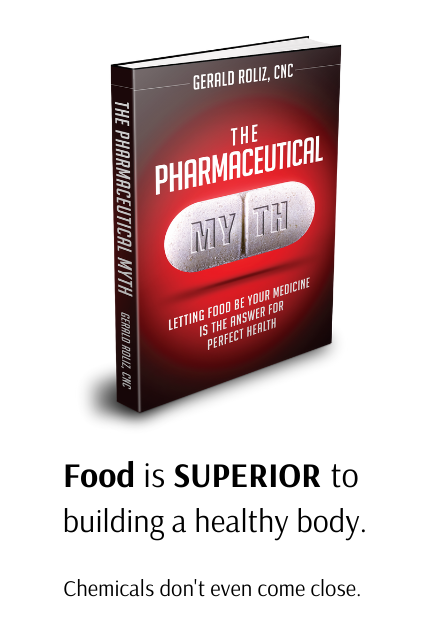Lifestyle modifications, such as changes in habits, diet, physical activity and managing stress levels form the foundation of healthy living. These alterations are not merely recommendations, they serve as strong tools that combat chronic health conditions. The startling fact is that just by adjusting our everyday choices, we possess a profound influence over our long-term health. These simple adjustments provide an opportunity to take ownership of our well-being. Let’s start with everyone’s favorite subject: food.
Incorporating regular physical activity, maintaining a balanced diet, getting adequate sleep, managing stress effectively, avoiding tobacco use, limiting alcohol consumption, and nurturing social connections are all essential lifestyle modifications that can significantly improve overall health and well-being.

Lifestyle Modifications: The Ultimate Weapon Against Chronic Health Issues
Making small changes in our lives can have a big impact on our health. It’s like adding a little bit of seasoning to a dish—those small dashes go a long way. When it comes to our well-being, simple day-to-day adjustments don’t just bring immediate health benefits; they are also powerful tools for preventing chronic health issues in the long run.
The Fortress of Health
Think of lifestyle modifications as building a fortress around your health. Exercise, diet, and stress management are its main bricks. Regular physical activity strengthens your body, making it more resilient to diseases. A balanced diet provides the necessary nutrients for all body functions to operate optimally, and effective stress management acts as a shield against mental and physical exhaustion.
A Comprehensive Approach
These lifestyle changes aim to address all aspects of health by bolstering multiple areas at once. By incorporating these changes into our routines, we can create an environment where chronic diseases struggle to take root and thrive.
Small Choices, Big Impact
Imagine every healthy choice we make as a shield that guards against potential health threats. Drinking an extra glass of water throughout the day helps keep our bodies hydrated and functioning optimally. Choosing a piece of fruit over a sugary snack nourishes us and keeps blood sugar levels stable. These decisions might seem small, but collectively they create a powerful defense system against chronic health issues.
As we explore each aspect of lifestyle modification—one by one—we’ll uncover how simple choices pave the way for robust health and well-being, reducing the risk of chronic diseases and improving overall quality of life.
Cultivating Healthy Eating Habits
Eating is something everyone does every day, and yet it has a profound impact on our health. Cultivating healthy eating habits goes beyond just counting calories, it’s about nourishing your body with the right foods and building a positive relationship with food.
A balanced diet consists of a wide variety of foods that provide essential nutrients, vitamins, and minerals necessary for optimal body function. Whole grains, lean proteins, healthy fats, and a colorful array of fruits and vegetables play a crucial role in maintaining overall health. Incorporating these elements into your daily meals ensures that you provide your body with the vital nutrients it needs to thrive.
Portion control is a key factor in managing calorie intake and promoting weight control. It also helps prevent overeating by creating awareness around how much we eat. Controlling portion sizes allows us to enjoy our favorite foods without overindulging and can have a significant impact on our overall health and well-being.
Moreover, being mindful during meals is an essential aspect of fostering healthy eating habits. This involves paying attention to the sensory experience of eating, such as flavors, textures, and aromas, and listening to hunger cues from our bodies. By practicing mindful eating, individuals can make healthier food choices and improve their digestion, thereby leading to more enjoyable and satisfying meals.
For example, rather than mindlessly snacking while distracted by screens or other stimuli, mindful eating encourages savoring each bite and being present during meals. This simple shift in approach can make a substantial difference in how we perceive food and its impact on our bodies.
Adopting these principles of balanced nutrition, portion control, and mindful eating lays the foundation for a healthier relationship with food and contributes to overall wellness. By empowering individuals to make informed food choices and create positive eating habits, we can harness the power of nutrition to support longevity and vitality.
Investing in healthy eating habits sets the stage for greater physical well-being. Let’s now pivot our focus towards another pivotal component of sustaining a healthy lifestyle – maintaining regular physical activity.
Maintaining Regular Physical Activity
Amidst our busy schedules, finding time for regular physical activity can seem challenging. Engaging in activities like brisk walking, swimming, or cycling for at least 30 minutes a day is crucial for maintaining good health. It’s not just about burning calories, it’s about improving cardiovascular health, boosting mood, and managing weight. Incorporating strength training exercises, such as lifting weights or using resistance bands, is equally important as it helps maintain muscle mass, strengthens bones, and enhances overall strength and endurance.
Flexibility and balance are often overlooked but are essential components of a well-rounded fitness routine. Practicing activities like yoga or tai chi not only improves flexibility and balance but also enhances posture, reduces the risk of injuries, and improves overall mobility. For instance, starting the day with a quick circuit of bodyweight exercises for strength training while spending the evening unwinding with a gentle yoga session for flexibility and balance can make it easier to include both types of exercise in the day. Remember that exercise should be enjoyable. Choosing activities that you genuinely enjoy will encourage consistency and make physical activity an effortless part of your day.
Furthermore, setting achievable goals is key to success. Whether it’s reaching a target number of steps each day or gradually increasing the weight you lift during strength training, having specific targets keeps you motivated and provides a sense of accomplishment.
Tips for Encouraging Regular Exercise:
- Seek Variety: Incorporate different types of exercises to engage various muscle groups and prevent monotony.
- Schedule Workout Sessions: Treat exercise as an important appointment by scheduling it into your calendar to ensure you prioritize it.
- Find a Workout Buddy: Working out with a friend can make exercising more enjoyable and hold you accountable.
- Reward Yourself: Celebrate your achievements with non-food rewards like new workout gear or a relaxing massage.
Imagine regular physical activity as an investment in yourself. The time spent on exercise not only boosts physical health but also enhances mental and emotional well-being, allowing you to lead a richer and more fulfilling life in the long run.
So, whether it’s aerobic exercise for heart health, strength training to build muscle and bone density, or flexibility and balance exercises to improve mobility – incorporating each type brings us closer to accomplishing holistic health objectives.
Embracing Rest and Relaxation
In today’s fast-paced world, it’s easy to become caught up in the rush of everyday life. From work responsibilities to family commitments, our mental and physical energy can become drained. This is why embracing rest and relaxation is crucial for maintaining a healthy balance. Just as physical activity is necessary for keeping your body strong, rest and relaxation are vital for rejuvenating and recharging your mind.
When we think about rest, it’s not just about sleeping, although that’s incredibly important. It’s also about giving yourself time to relax your mind and let go of the stresses that build up during the day. It’s like when you have a phone that needs charging: if you don’t charge it, it won’t work properly. Our bodies and minds are the same way—they need time to recharge so they can function at their best.
Quality Sleep
Quality sleep is foundational for overall well-being. Getting 7-9 hours of sleep each night supports cognitive function, immune system health, and overall mental and physical well-being.
We’ve all had those nights where we didn’t get enough sleep, and the next day was tough—our thoughts were foggy, we couldn’t concentrate, and we just felt off. But on the flip side, when we have good quality sleep, everything seems easier. Our brains work better, we’re more focused, and we’re generally in a better mood. Besides helping us function well, good sleep helps our bodies repair themselves too.
Mindfulness Practices
In addition to quality sleep, engaging in mindfulness practices such as meditation, deep breathing exercises, or relaxation techniques can promote stress reduction, mental clarity, and emotional balance.
Mindfulness practices are like a reset button for our brains. They help us step out of the rush of our thoughts and find some calmness. It’s amazing how taking just a few minutes each day to focus on our breath or practice simple meditation exercises can make such a huge difference in how we feel.
Leisure Activities
Lastly, participating in leisure activities, hobbies, and social gatherings are essential for fostering fulfillment, happiness, and psychological relaxation.
Finding time to do things you enjoy isn’t just about having fun, it’s also about giving yourself space to relax mentally. Whether it’s playing music you love, spending time with friends or family, or even just reading a book that captures your interest—these activities lower stress levels and help maintain emotional balance.
Prioritizing rest and relaxation isn’t about being lazy, it’s about giving your body and mind what they need to function at their best. By incorporating quality sleep, mindfulness practices, and leisure activities into your routine, you’ll pave the way for enhanced well-being and overall vigor.
Now that we’ve explored the importance of rest and relaxation in maintaining a balanced lifestyle, let’s shift our focus to adopting stress-reducing behaviors.
Adopting Stress-Reducing Behaviours
Stress impacts our mental and physical well-being, but there are ways to reduce its impact on our lives. Let’s explore some effective strategies for reclaiming our peace of mind and overall health.
Cultivate Mindfulness
Mindfulness allows us to focus on the present moment, letting go of worries about the past or future. Practicing mindfulness through meditation, deep breathing exercises, or engaging in mindful activities such as a nature walk can help calm the mind and relieve stress.
When we give our attention to the present moment, whether it’s savoring the flavors of a meal or noticing our breath, we’re not letting stressors consume our thoughts. Even spending time with loved ones becomes more meaningful when we practice being fully present.
Practice Gratitude
Taking time to reflect on what we’re grateful for in our lives can shift our perspective away from stress. Writing down things we appreciate or simply acknowledging them mentally can have a positive impact on our mindset.
By recognizing the good things in our lives, no matter how small they may seem, we shift away from dwelling on negative thoughts or stressors. It’s like gently nudging our minds towards a more positive outlook.
Engage in Physical Activity
Regular physical activity has numerous benefits for reducing stress—increasing endorphins, reducing anxiety, improving sleep quality, and enhancing overall mood.
Whether it’s a brisk walk, yoga session, or dancing to your favorite song, finding an activity that suits your interests can be enjoyable and therapeutic. It’s all about finding pleasure in movement!
Create Supportive Networks
Building a strong support system by connecting with friends, family members, or joining community groups can provide comfort during challenging times. Sometimes just having someone to share your thoughts with makes a world of difference.
Think of social support like building a safety net. When stress tries to knock us down, having others around us who care helps soften the fall and provide reassurance that we’re not alone.
Establish Healthy Boundaries
Setting boundaries at work and within personal relationships is vital for preventing chronic stress. It’s about learning when to say “no” when necessary and prioritizing self-care without feeling guilty.
It’s like creating your own safe haven where you control the access. Knowing your limits and expressing them when needed is empowering and essential for maintaining inner peace amidst life’s demands.
Each small change brings us one step closer to a healthier life. Now, let’s delve into something equally fundamental—the importance of hydration.
Importance of Hydration in a Healthier Life
When it comes to health, there’s one aspect that often gets overlooked – staying well-hydrated. Water is not just something you drink because you’re thirsty, it’s an essential component that keeps your body in good shape. Why is hydration so crucial? Well, for starters, it supports all your bodily functions, aids digestion, regulates your body temperature, and contributes to healthy skin. Basically, water does a lot more than quench your thirst!
If you want to put a number on it, eight to ten cups of water a day are generally recommended to keep your body running smoothly. However, it’s important to remember that this isn’t set in stone. The amount of water you need can vary based on different factors such as your age, activity level, and even the climate where you live. For example, if it’s hot or you’re exercising a lot, you might need more water to keep your body balanced.
And don’t worry if plain water doesn’t appeal to you all the time. You can also get some of your daily fluid intake from other sources like herbal teas, juicy fruits, and hydrating vegetables. This way, staying hydrated doesn’t have to be a boring task—it’s just about finding what works best for you!
Proper hydration is a cornerstone of good health. By understanding its importance and implementing practical tips for staying hydrated, you can take a significant step toward maintaining a healthier lifestyle. To delve further into optimizing your health, book an appointment with us today or call us at 208-906-8883.



